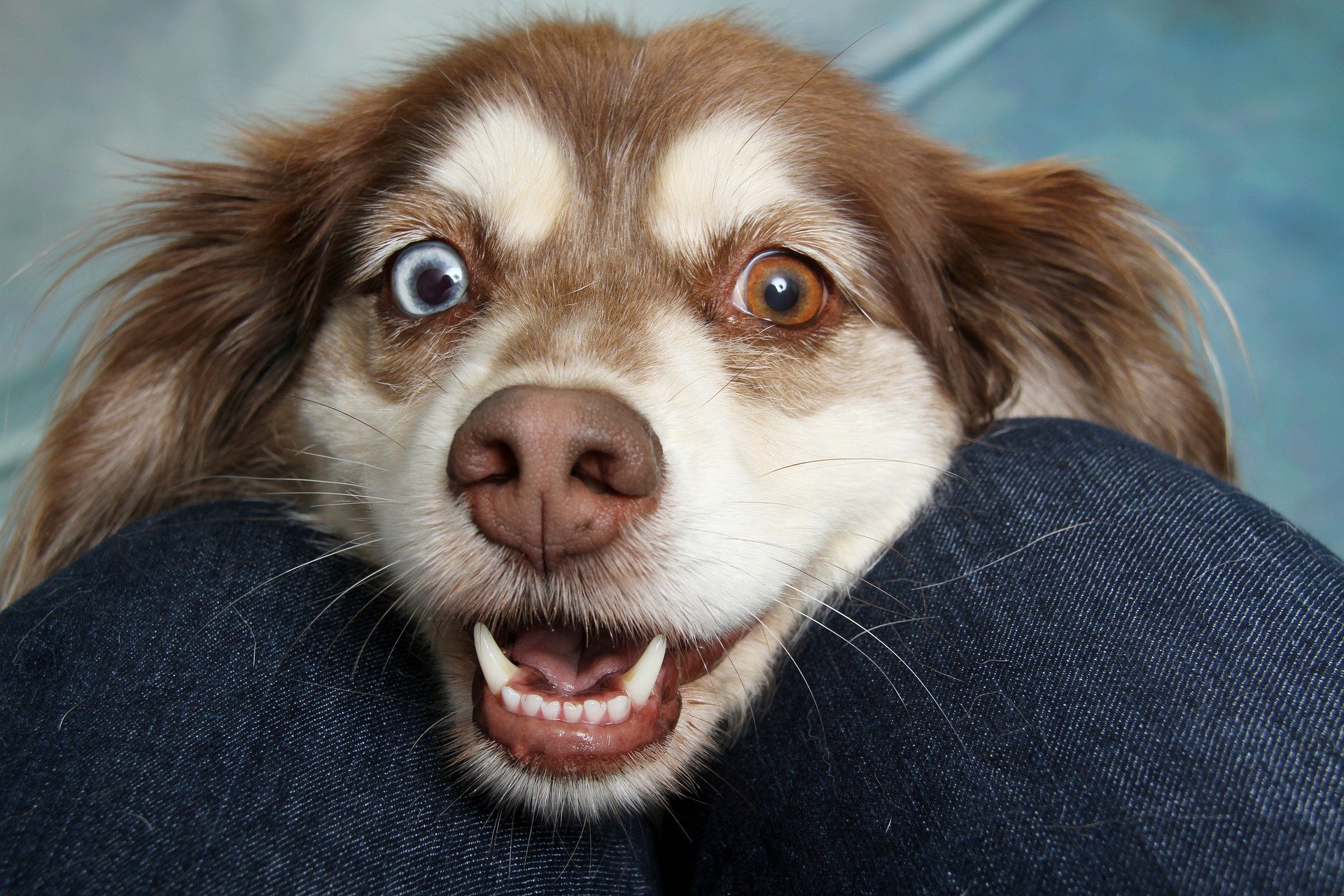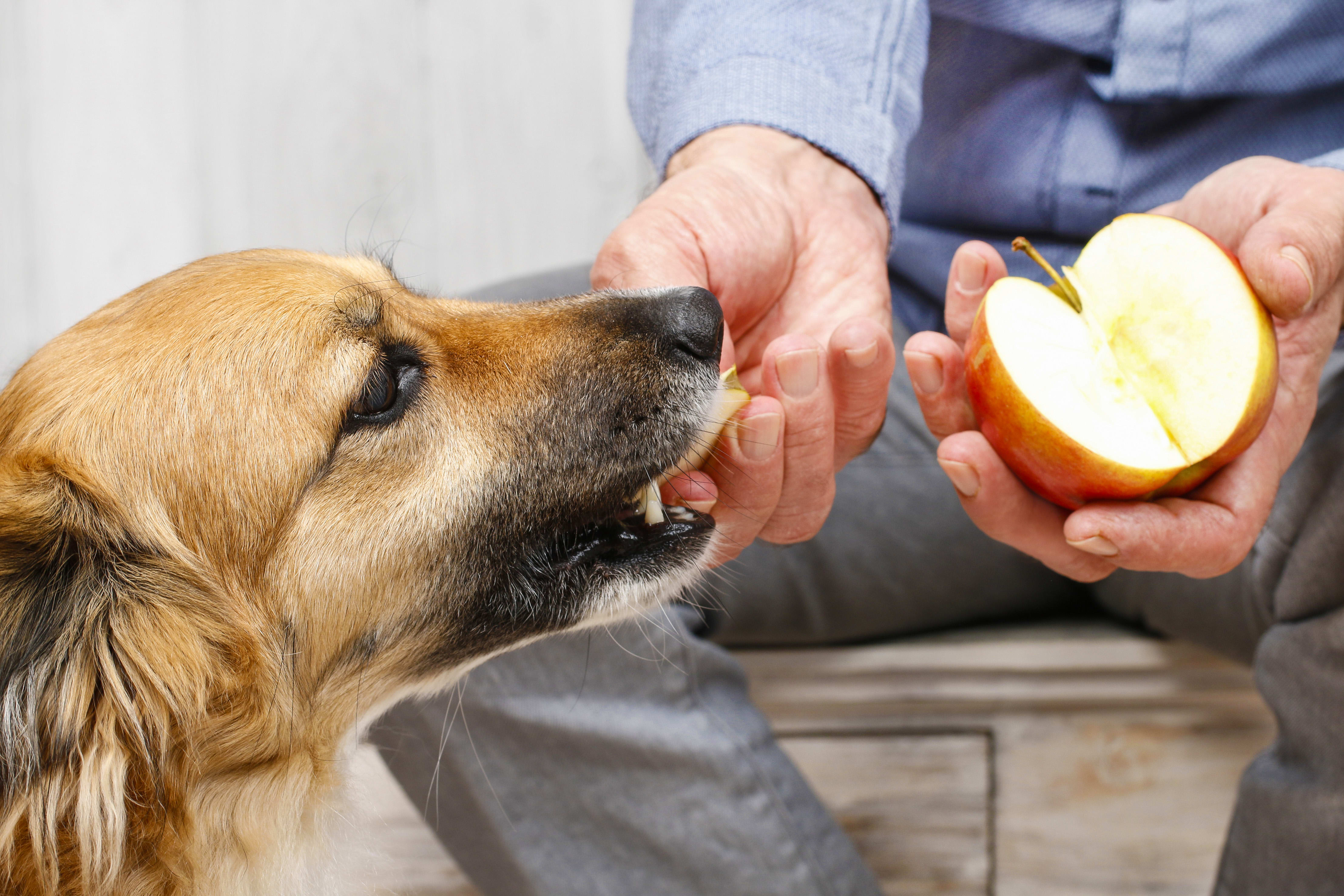Easiest Way to Get Rid of Smelly Dog Breath
Apr 04, 2024
We've all been there, holding our noses and wondering, "What on earth is causing my dog's breath to smell this bad?" Well, fear not, because, in this guide, we're diving deep into the world of smelly dog breath and discovering the easiest ways to eliminate it once and for all.
Table of Contents
Understanding the Causes of Smelly Dog Breath
Dogs, much like humans, can suffer from bad breath, medically known as halitosis. Understanding the underlying causes of this condition is crucial in effectively treating and preventing it.
Oral Hygiene and Periodontal Disease
One of the primary causes of smelly dog breath is poor oral hygiene leading to periodontal disease. Just as in humans, plaque and tartar buildup on the teeth can harbor bacteria, leading to foul odors emanating from the mouth.
Without proper dental care, such as regular brushing and professional cleanings, this buildup can progress to periodontal disease, causing inflammation, infection, and ultimately, tooth loss. Therefore, maintaining good oral hygiene practices is essential for preventing bad breath in dogs.
Unpleasant Dietary Habits
Another common culprit behind smelly dog breath is unpleasant dietary habits. Dogs are notorious for scavenging and consuming items that are less than appetizing, such as garbage, feces, or decaying animal remains.
These unsavory dietary choices can lead to foul-smelling breath due to the bacteria present in these substances. Monitoring your dog's diet and ensuring they have access to nutritious food can help mitigate this issue.
Underlying Health Issues Such as Diabetes, Kidney Disease, and Liver Disease
In some cases, smelly dog breath may be indicative of underlying health issues such as diabetes, kidney disease, or liver disease. Sweet or fruity breath can signal diabetes, while breath smelling of urine may indicate kidney disease.
Similarly, liver disease can cause foul breath accompanied by vomiting and a yellow tinge to the gums. Identifying and addressing these underlying health issues with the help of a veterinarian is crucial in resolving the associated bad breath.
Home Remedies for Smelly Dog Breath
When it comes to tackling smelly dog breath, incorporating simple yet effective home remedies into your pet's routine can make a significant difference in their oral hygiene and overall well-being.
Dental Treats and Chews
Dental treats and chews are not only a tasty snack for your furry friend but also serve as a practical solution for combating plaque and tartar buildup. Products like GREENIES™ Dental Treats are specifically designed to help clean teeth down to the gum line, promoting better oral health and fresher breath with regular use.
Brushing Your Dog's Teeth
Just as regular brushing is essential for maintaining human oral hygiene, it is equally vital for our canine companions. Using a toothbrush and toothpaste formulated specifically for dogs, gently brush your pet's teeth in small circular motions, paying extra attention to the gumline and back molars.
Establishing a consistent brushing routine can significantly reduce plaque and bacteria buildup, leading to fresher breath and healthier teeth and gums.
Checking Your Dog's Mouth for Foreign Objects
Periodically inspecting your dog's mouth for any lodged foreign objects, discoloration, or abnormal saliva production is crucial in preventing oral health issues and associated bad breath. If you notice anything unusual, consult your veterinarian for further evaluation and treatment.
Evaluating Your Dog's Diet
A balanced diet plays a significant role in your dog's overall health, including their oral hygiene. Opt for high-quality pet food with natural ingredients and avoid feeding your dog table scraps or unhealthy snacks.
Additionally, consider incorporating dental-friendly foods such as crunchy carrots and apple slices into your pet's diet, as they can help scrape away plaque and freshen breath.
Using Coconut Oil
Coconut oil has gained popularity as a natural remedy for various health issues, including bad breath in dogs. Its antimicrobial properties can help combat bacteria in the mouth, leading to fresher breath.
Simply add a small amount of coconut oil to your dog's food or apply it directly to their teeth and gums for maximum benefit.
Feeding Carrots and Apple Slices
In addition to being a tasty treat, carrots and apple slices can serve as natural toothbrushes for your dog, helping to remove plaque and freshen breath. Plus, these crunchy snacks are packed with essential nutrients that contribute to your pet's overall health and well-being.
Increasing Good Bacteria with Probiotics

Probiotics are beneficial bacteria that can help maintain a healthy balance in your dog's digestive system, potentially reducing bad breath caused by gastrointestinal issues.
Consider adding probiotic supplements to your pet's diet or opting for probiotic-rich foods such as yogurt to support their digestive health and promote fresher breath.
Providing Chew Toys for Dental Health
Chew toys are not only a source of entertainment for your dog but also an effective tool for promoting dental health. Choose toys specifically designed to help clean teeth and massage gums, effectively reducing plaque and tartar buildup while freshening breath.
Just be sure to select toys appropriate for your dog's size and chewing habits to avoid any potential choking hazards.
Professional Treatment Options
While home remedies can be effective in managing smelly dog breath, there are times when professional intervention is necessary to address underlying issues and ensure your pet's oral health.
Veterinary Dental Cleaning
A veterinary dental cleaning, also known as a dental prophylaxis, is a comprehensive procedure performed by a veterinarian to thoroughly clean your dog's teeth and gums. During the cleaning, your veterinarian will remove plaque and tartar buildup, polish the teeth to remove surface stains, and assess the overall oral health of your pet.
This procedure is typically performed under general anesthesia to ensure your dog's safety and comfort. Regular dental cleanings are essential for preventing periodontal disease, tooth decay, and associated bad breath. Your veterinarian may recommend scheduling dental cleanings annually or more frequently based on your dog's individual needs.
Treatment for Underlying Health Issues
In cases where smelly dog breath is caused by underlying health issues such as diabetes, kidney disease, or liver disease, treating the primary condition is crucial for resolving the associated bad breath.
Your veterinarian will conduct a thorough examination and may recommend diagnostic tests such as bloodwork or urinalysis to identify any underlying health issues. Once diagnosed, treatment options may include medication, dietary changes, or management strategies to address the underlying condition and alleviate symptoms, including bad breath.
By addressing the root cause of smelly dog breath, your veterinarian can help restore your pet's overall health and well-being.
Wrapping Up
By understanding the causes of smelly dog breath, exploring effective home remedies, considering professional treatment options when necessary, and implementing preventive measures for long-term oral health.
Prioritizing your dog's oral hygiene isn't just about fresh breath—it's about promoting their overall health and happiness. A healthy mouth can prevent discomfort, pain, and potential health complications down the road. By investing in your dog's oral health today, you're setting them up for a lifetime of bright smiles and joyful moments by your side.

